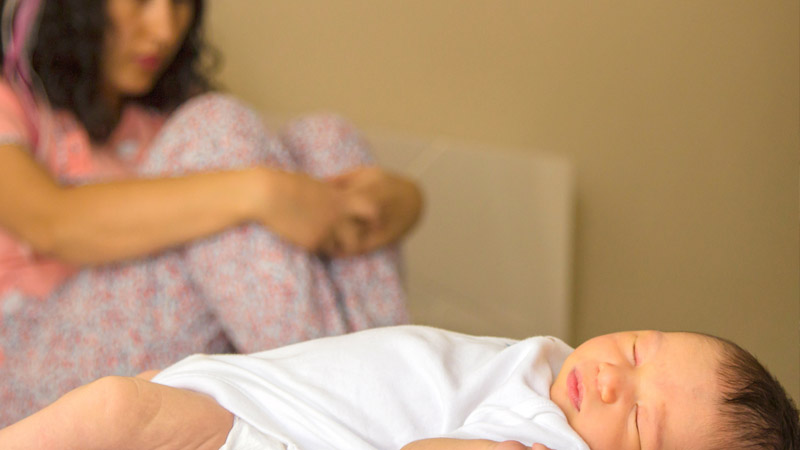In a perplexing case that has gripped Massachusetts, Alexis Aldamir, a 69-year-old mother from Boston, will not face criminal charges related to the discovery of four babies found in a freezer in her apartment. This decision was announced by Suffolk District Attorney Kevin Hayden on Tuesday, following a comprehensive investigation into the deeply disturbing incident that unfolded last November.
According to the statement released by Hayden, the investigation presented numerous challenges and complexities, leaving many questions unanswered. Despite exhaustive efforts, the investigators concluded that the case could not be brought to trial due to several critical uncertainties and the absence of definitive evidence of a crime.
The situation began on November 17, 2022, when police were alerted to the grim discovery in South Boston. Aldamir’s brother and his wife found the infants while clearing out the apartment previously occupied by Aldamir. The police found two male and two female babies, described as full-term and “frozen solid.” All were found in shoe boxes, wrapped in tin foil, with their umbilical cords still attached, and the females also had their placentas attached.
The medical examination of the babies yielded inconclusive results. The Chief Medical Examiner’s office reported that no signs of trauma or injury were evident, and there was no trace of food or milk in their stomachs. It was impossible to determine whether the babies had been born alive, and their time of death could not be ascertained due to the condition of their remains.
Further complicating the investigation, the medical examiner could only determine an “undetermined” cause of death for all four infants. Moreover, DNA tests confirmed that Aldamir was indeed the mother of all four children, and further testing identified a likely father, who had passed away in 2011. This man and Aldamir had another child together, placed for adoption, in addition to a daughter Aldamir had in 1982. No additional birth records were found.
Investigators faced additional hurdles as Aldamir had moved into a residential healthcare facility and demonstrated significant cognitive decline. During an interview at the facility, she appeared confused and disoriented, unable to provide any meaningful information about the babies or her past actions. A review of probate court records and discussions with her legal representation suggested that her mental state would likely render her unfit to stand trial.
Given the lack of clear evidence that the babies had ever been alive, combined with the absence of any signs of trauma or foul play, the district attorney’s office found it impossible to prove any criminal activity had taken place. The investigation, which involved the Boston Police Department Homicide Unit, the Crime Laboratory, the Massachusetts Office of the Chief Medical Examiner, and Bode Technologies, a DNA research firm, ultimately led to the decision not to file any charges against Aldamir.
This case leaves a haunting legacy of unresolved questions and a community grappling with the tragic possibilities of what might have transpired in that Boston apartment. The investigation’s closure without charges underscores the challenges and limitations of forensic science and the legal system in providing answers to some of the most heart-wrenching cases.

